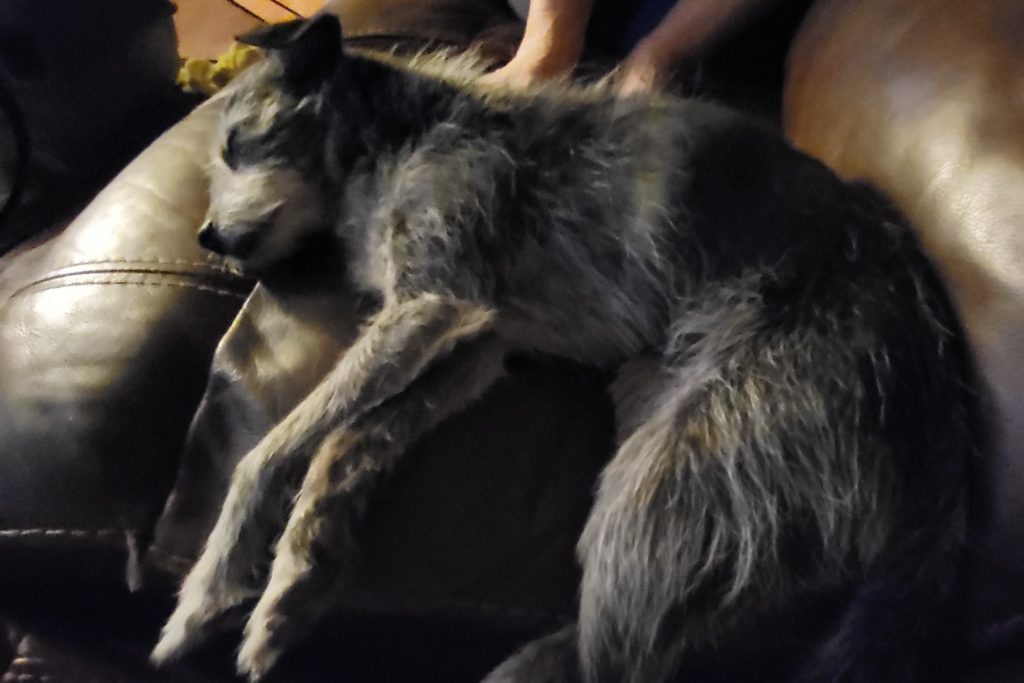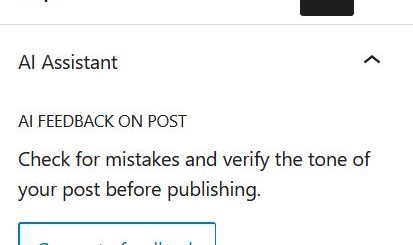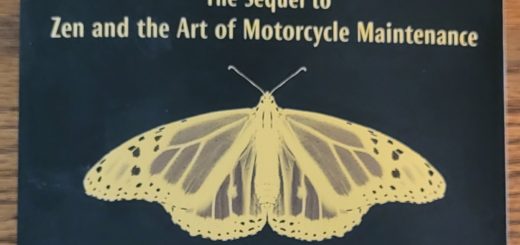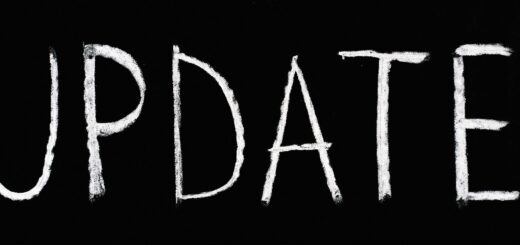You Don’t Need to Sleep
When I was perhaps four or five years old and my mother announced it was bedtime, I often used to say that I could not sleep, because I was not tired. I didn’t want to miss out on whatever went on among the grownups while I was asleep. Mom, knowing that simply ordering me to go to sleep would be about as effective as ordering me to relax, came up with a better answer. She said, “You don’t need to sleep. Just lay still and rest your eyes.” She knew that if I did so, in a matter of minutes I would in fact fall asleep.
When my children had bedtime, their mother or I would read them a story. This usually served to calm them down enough to go to sleep. Occasionally, it would not, and they would complain that they weren’t sleepy. I invoked my mother’s solution, “You don’t need to sleep. Just lay still and rest your eyes.”
As a full-grown man of a certain age, I no longer have trouble going to sleep. I may even be mildly narcoleptic, as I fall asleep watching TV quite often, even when I am interested in the program. The current problem, being of a certain age, is that when I get up during the night to use the restroom, after a sleep cycle of three to five hours, I often have trouble going back to sleep. This is when, in the middle of the night, my mind activates with anxieties over everything I have ever regretted, and everything I should have done. Telling myself to go to sleep would just set me up to fail, and give me another regret.
Instead, I use an evolved form of Mom’s prescription. Here is what I mentally recite to myself: “You don’t need to sleep. You just need to lie still, rest and relax, so your corpuscles can clean out the toxins from your blood, while your neurons can make and repair connections in your brain.” I say this to myself while breathing slowly and deeply. I may also silently repeat a memorized poem or song lyric. Like other forms of meditation, this focuses my mind on something automatic, allowing the anxieties no bandwidth to seize attention.
This does not always work. If I’m still awake after an hour, I will rise quietly and read for an hour, then go back to bed. That last hour of sleep at that point makes all the difference between feeling rested or fatigued for the rest of the day.
We actually need sleep, as much as we need nourishing food. But why? What is going on during sleep that is so necessary to sanity and health?
The part about blood cells cleaning out toxins should be straightforward, but why do I remind myself of neurons making and repairing connections? This is my theory of why we need sleep, and what our brains do while we sleep, and what dreams are. I have, for as long as I can remember, been fascinated with such questions.
To put it as briefly as possible, and with the intention to return to the subject of the nature of thought in another post at another time, I understand the brain to be building indexes more actively while we sleep than when we are awake. Waking time is devoted largely to accessing the indexes, which is to say activating concepts, creating them and finding related ones. A concept, or category, is a mental construct which refers to other concepts. Those referenced concepts are the meaning of the given concept. Many concepts have words that name them. Many do not, and many words refer to more than one concept. The name may be just one of many connections between concepts with the same name. Our brains are very good at finding concepts related to a given concept. Given a concept, the brain can activate directly the concepts that are connected to it. It can also find concepts that are not directly connected, through various kinds of indexes. While we sleep, the brain is building indexes, by connecting concepts within them. We may be trying to think of a name or a word, and before we succeed, we have the impression that it starts with the letter S. This is an example of the concept having a direct connection to its initial, but only an indirect connection to another concept for its name.
It is these indexes that make these conceptual look-ups, or analogies, so efficient. “Index” is my name for the neural connections that store relations between concepts. The relations are many and varied, including “is the name of”, “is an example of”, “is the opposite of”, “is a member of some more abstract concept”, and on and on. A relation is itself a concept, so to connect two concepts with a relation is just another way of connecting concepts.
In my theory, the part of the mind that experiences consciousness when we are awake is the same part that dreams. Dreams are the resulting experience of concepts being activated while being woven into our network of mental connections.
By the way, most of the dreams I can remember upon waking are about me looking for a toilet or urinal and not being able to find one I can use. Their interpretation seems self-evident.







i too find that when i convince myself that i do not need to sleep i fall asleep. it is an effective tool.
I agree being able to enjoy the rest- just being is the best way to fall asleep. I really enjoyed reading your thoughts.
I’ve found that needing and then finding a toilet in a dream to be problematic.
On one occasion, I just managed to start a stream before catching myself and then waking up with a wet spot.